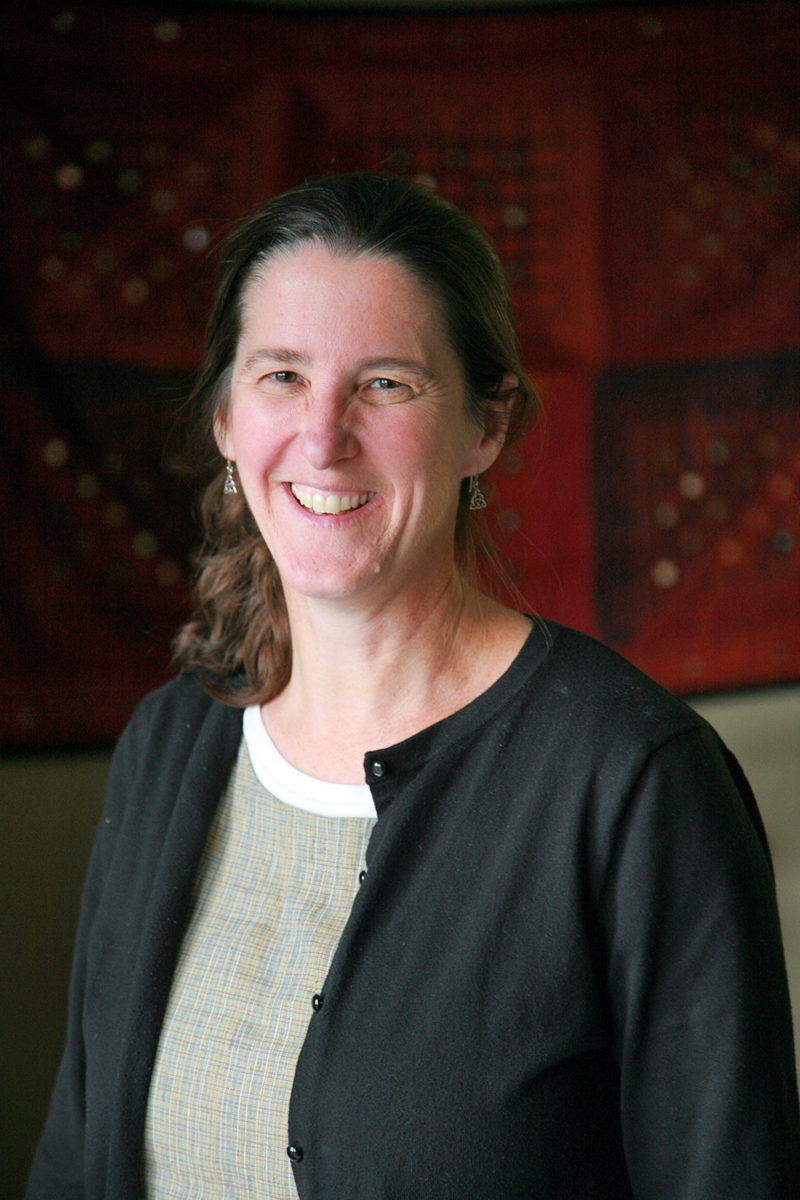
Jennifer Oddleifson
Practicing primary care medicine means having the privilege every day to hear the private, complicated reality of people’s lives. It is being a part of the humanity we all share that is not on display, not apparent, or often not ever guessed at. It is the life stories of chronic illness, grief, loss, regret, shame, self-doubt, anger. It is the physical pain, emotional pain, and isolation of medical problems, curable and incurable. These are life stories that all of us share, to a greater or lesser extent, in different ways and with different outcomes.
In primary care, we care for people with many lifelong, chronic medical problems that are often never wholly resolved or adequately controlled. Instead they wax and wane, even as the person has the hope and goal of good health. These include hypertension, diabetes, obesity, depression, and addictions to tobacco, alcohol, or opioids.
Genetics, personal choices, and other circumstances play a role in these diseases. When it comes to opioid addiction, the over-prescribing of these medications played a significant role in the crisis that many patients now face.
Of all the chronic illnesses, it is addiction that draws not compassion, but judgment and disgust. It is seen more as a moral failing than a disease. People easily ask for help with their hypertension, diabetes, or tobacco addiction, but asking for help with opioid addiction is accompanied by such shame and regret that often it is just hinted at, even in the privacy of an exam room. That ask for help is so genuine and emotional. It is difficult to say and to hear and marks a powerful turn in that person’s life. I deeply respect the strength required to make that “ask.”
Part of the help we can give is the medication buprenorphine (Suboxone). Suboxone is one component of treatment, but treatment also involves counseling, frequent visits for emotional and physical support, help with stable housing, adequate nutrition, and dealing with chronic pain issues (like getting dental care). Families can become involved and relationships improve. All of this together has a way of healing addiction.
Suboxone is a lifesaving, life-giving medication. We often hear: “You are substituting one drug for another, one addiction for another addiction.” But addiction is defined as “compulsive use of a drug despite harm.” The harm of opioid addiction may include death, violence, crime, and devastated lives of all involved. Someone using prescribed Suboxone is physiologically dependent on it, but is not using it compulsively despite harm. Many people with chronic disease are physiologically dependent on a drug (insulin for diabetes), but we do not call that addiction.
The relief and gratefulness I see when a person who has opioid addiction knows there is a way out has moved me and my support staff to tears. Over and over we hear: “I have my life back.”
Recently a patient came in who has no home, no family, no money, no reliable transportation, and significant other medical problems, and said “I am so grateful. I have my life back. That is all I need; I have my life back.”
A young man came in grateful that he could hold a decent-paying job, so happy that he had just paid back all the taxes he owed. In my decades of practice, I have never heard anyone so proud and happy to be paying taxes. But that is a measure of being a competent, healthy, responsible adult, and I am so glad that Suboxone treatment can help achieve that.
(Jennifer Oddleifson is a longtime practitioner at Lincoln Medical Partners. She is currently seeing patients at the Waldoboro location.)






